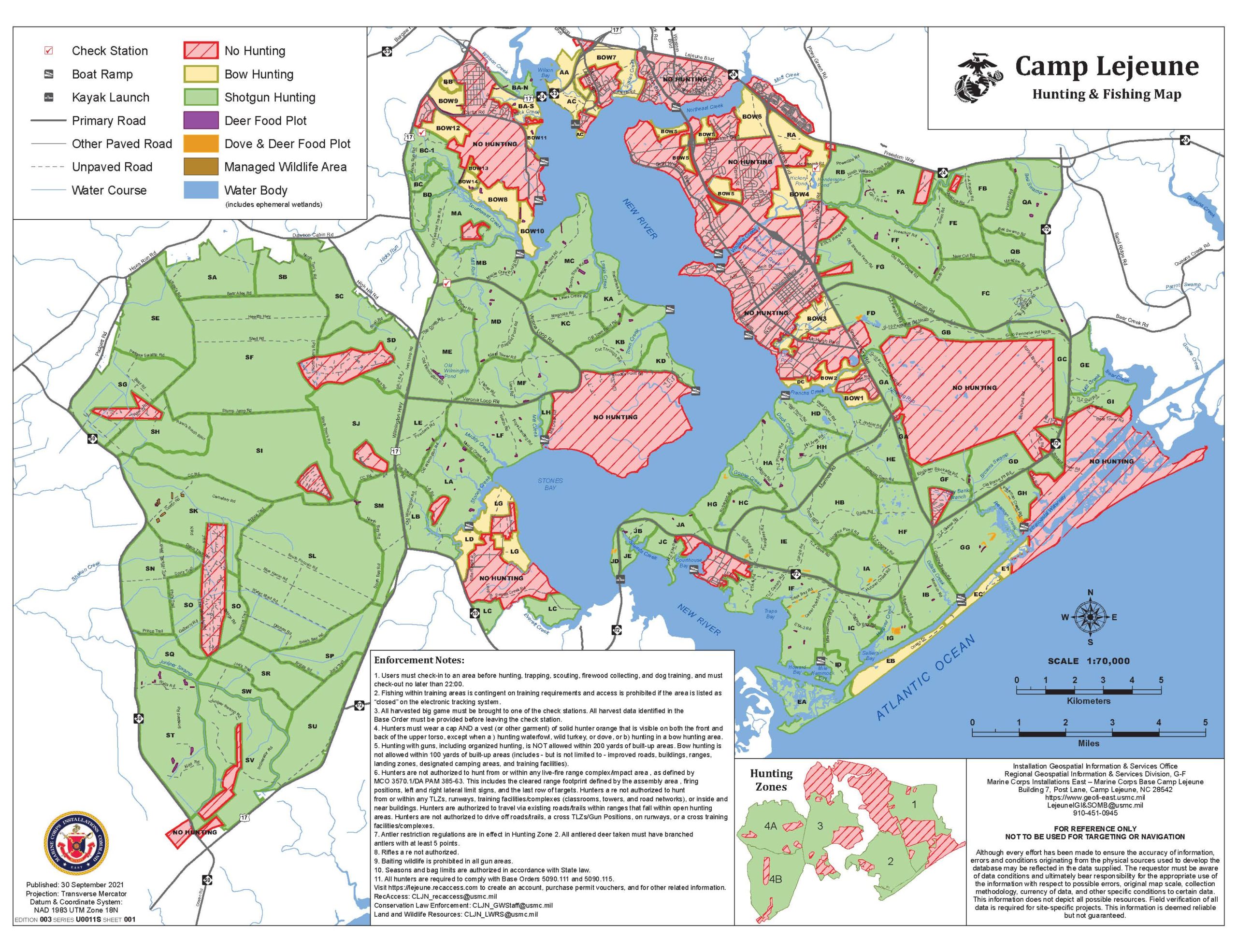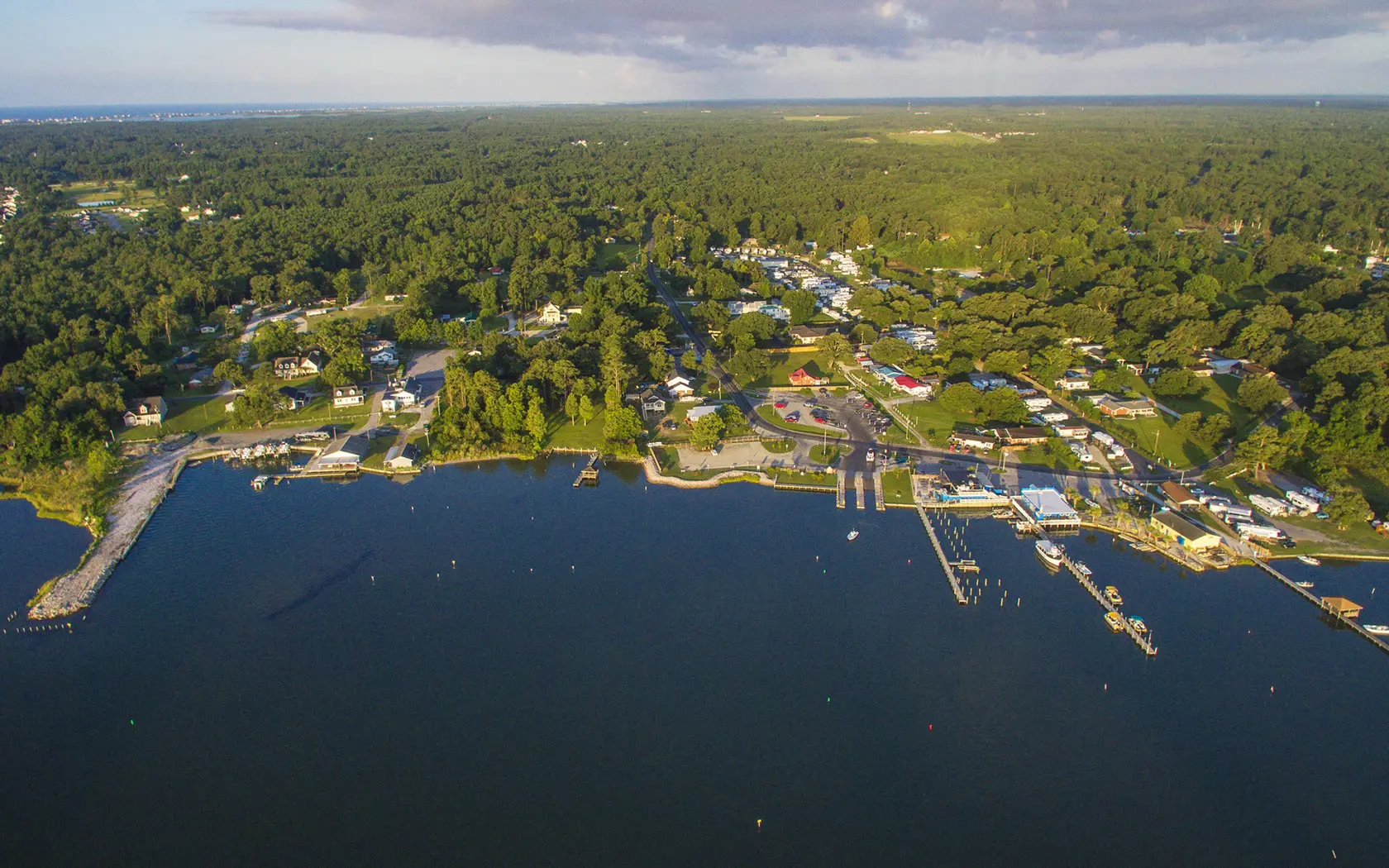The deadline to present a new Camp Lejeune claim has now passed as of August 10, 2024. Per the Camp Lejeune Justice Act (CLJA) we can no longer accept new cases or connect you with any law firm that can. Our understanding of the Act is there are no exceptions to this deadline as stated in the CLJA. The information contained on this site and pages herein are now for educational purposes only. Thanks for understanding and we wish you all the best.
About Camp Lejeune Lawsuits
- Camp Lejeune, a U.S. Marine Corps Base, experienced severe water contamination between 1953 and 1987, leading to serious health issues for residents and workers.
- The Camp Lejeune Justice Act allows victims of water contamination to seek compensation for medical costs, lost wages, pain and suffering, and more. The deadline to file a claim is August 10, 2024.
- CSS offers specialized legal representation for Camp Lejeune lawsuits, leveraging expertise, resources, and a track record of success to advocate for clients’ rights and obtain fair compensation.
Why Hire CSS for a Camp Lejeune Lawsuit
The repercussions of Camp Lejeune water contamination are profound, inflicting significant physical, emotional, and financial burdens on victims and their families. Seeking recourse through legal action is paramount, yet navigating the complexities of such cases demands seasoned expertise and unwavering dedication.
At Childers, Schlueter & Smith, we are committed to championing the rights of Camp Lejeune survivors and ensuring they receive the justice and compensation they deserve. With a deep understanding of the intricacies of environmental litigation, our firm stands at the forefront of advocating for those impacted by Camp Lejeune water contamination.
Our legal team is led by experts with a proven track record of securing favorable outcomes in environmental and toxic lawsuits, demonstrating our ability to deliver meaningful results for our clients. Moreover, we approach each case with compassion and empathy, recognizing the profound toll that the Camp Lejeune toxic water has had on individuals and families.
Partnering with CSS means enlisting dedicated advocates who will fight tirelessly on your behalf, guiding you through every step of the legal process with care and determination. If you or a loved one has been affected by Camp Lejeune water contamination, we are here to provide the support and representation you need to seek justice and hold those responsible accountable. Contact us today for a free consultation and take the first step towards securing the compensation you deserve.
August 10, 2022-President Biden Signs PACT Act Into Law
Marine Corps Base Camp Lejeune has hosted millions of military service members and their families for various training exercises and deployments since it was first constructed in 1941. Unfortunately, hundreds of thousands of those service members and their families may have been exposed to dangerous, volatile organic compounds (VOCs) that contaminated groundwater used within the base for drinking and bathing.
Since this issue was discovered, there has been pressure on Congress to pass the PACT Act, which would expand VA healthcare benefits for Veterans “exposed to burn pits and other toxic substances”. The President signed the bill into law on August 10th, 2022. The PACT act will allow veterans, their families, and civil employees who lived on Camp Lejeune for 30 or more days, to file a Camp Lejeune water contamination claim. (Note the days DO NOT need to be consecutive, just 30 days at Camp Lejeune in total).
Contact an attorney immediately if you or your family has developed severe injury or illness after staying on the Camp Lejeune base.
Eligibility to File Suit Over Camp Lejeune Water Contamination
Contamination of groundwater at Camp Lejeune is believed to have occurred between August 1, 1953 and December 31, 1987, affecting several housing areas on bases and impacting potentially over one million veterans, workers, visitors, and family members. To establish eligibility for a suit, the affected person must have served, worked, or lived at Camp Lejeune for at least 30 days overall between August 1, 1953 and December 31, 1987. (Note the days do not need to be consecutive)
In addition, the plaintiff must be able to prove they were diagnosed with one of several illnesses that have been correlated with VOC exposure. Examples of conditions that have been named “Presumptive Diseases” include:
- Aplastic anemia Bladder cancer
- Breast cancer
- Esophageal cancer
- Female infertility
- Hepatic steatosis (fatty liver disease)
- Kidney cancer
- Leukemia
- Liver cancer
- Lung cancer
- Miscarriage
- Multiple myeloma
- Myelodysplastic syndromes
- Neurobehavioral effects
- Non-Hodgkin’s lymphoma
- Renal toxicity
- Scleroderma
It is possible that there are other diseases that may be linked to Camp Lejeune as well. Although the following are not yet “Presumptive Diseases” per the Act or the VA, the following conditions are under investigation by our Camp Lejeune Legal Team now as well:
- Appendix cancer
- Brain cancer
- Bileduct cancer
- Colorectal cancer
- Gallbladder cancer
- Intestinal cancer
- Pancreatic cancer
- Prostate cancer
- Sinus cancer
- Soft tissue sarcoma
- Spinal cancer
- Thyroid cancer
- Cognitive disability at birth
- Congenital malformation (microcephaly)
- Conjoined twins
- Other fertility/pregnancy issues or infant injury
One of our qualified Camp Lejeune legal professionals can discuss other illnesses and injuries that may qualify you for a Camp Lejeune claim or lawsuit.
What Is the Camp Lejeune Justice Act?
There have been many lawsuits filed against Camp Lejeune over the years for contaminated water, representing hundreds of plaintiffs, but they have been dismissed due to the statute of limitations expiration or governmental immunity protections.
Fortunately, the Camp Lejeune Justice Act—now allows these legal claims to proceed as mass tort/individual litigation—by special legislation. The final version of the Act has now been approved and was just signed by the President into law. Claimants will now have only two years from the date of the signing (August 10, 2022) to file for damages due to Camp Lejeune water contamination.
Speak with an Attorney About a Camp Lejeune Water Contamination Claim
Over one million people lived at Camp Lejeune for 30 or more days and suffered life-altering harms because of hazardous chemical pollution in the base’s bathing and drinking water. Any family that was impacted by this problem should be aware of their legal right to file for compensation.
Call the Childers, Schlueter & Smith Camp Lejeune Legal Team today to schedule a meeting about potentially filing a Camp Lejeune water contamination lawsuit and/or claim. We can be reached at 1-800-641-0098 or via email at CampLejeune@cssfirm.com.
The deadline to present a new Camp Lejeune claim has now passed as of August 10, 2024. Per the Camp Lejeune Justice Act (CLJA) we can no longer accept new cases or connect you with any law firm that can. Our understanding of the Act is there are no exceptions to this deadline as stated in the CLJA. The information contained on this site and pages herein are now for educational purposes only. Thanks for understanding and we wish you all the best.
Frequently Asked Questions
Injured individuals who lived or worked at Camp Lejeune in North Carolina between August 1, 1953, and December 31, 1987, for at least 30 days are eligible to file a Camp Lejeune claim. Additionally, children born to mothers who lived or worked at Camp Lejeune during pregnancy may also be eligible. Claims also may be filed on behalf of deceased family members.
Various health conditions have been linked to Camp Lejeune water contamination, including bladder cancer, kidney cancer, liver cancer, leukemia, Parkinson’s disease, non-Hodgkin’s lymphoma, multiple myeloma, aplastic anemia, and others. Individuals diagnosed with these conditions may qualify for compensation.
The timeline for Camp Lejeune claims can vary depending on the complexity of the case and the responsiveness of the government. While there is no concrete deadline for resolving claims, if an administrative claim has not been resolved after six months, victims and their families have the option to file a Camp Lejeune lawsuit.
No, filing a Camp Lejeune lawsuit does not result in the loss of VA (Department of Veterans Affairs) benefits. The Camp Lejeune Justice Act allows victims to file a lawsuit and receive VA benefits simultaneously, providing important financial support while pursuing legal action.
Several toxic substances, including trichloroethylene (TCE), tetrachloroethylene (PCE), vinyl chloride, and benzene, were found in the water at Camp Lejeune. Exposure to these chemicals has been linked to various adverse health effects, including cancer, neurological disorders, and reproductive issues.
Free Case Evaluation
Camp Lejeune Attorneys
Recent Camp Lejeune News
Childers, Schlueter & Smith partnered with Living Safer Magazine to publish a special issue focused on Camp Lejeune water contamination lawsuits. This edition outlines who qualifies to file a claim, what illnesses are linked to exposure, and how recent legislation—like the PACT Act—made these cases possible.



